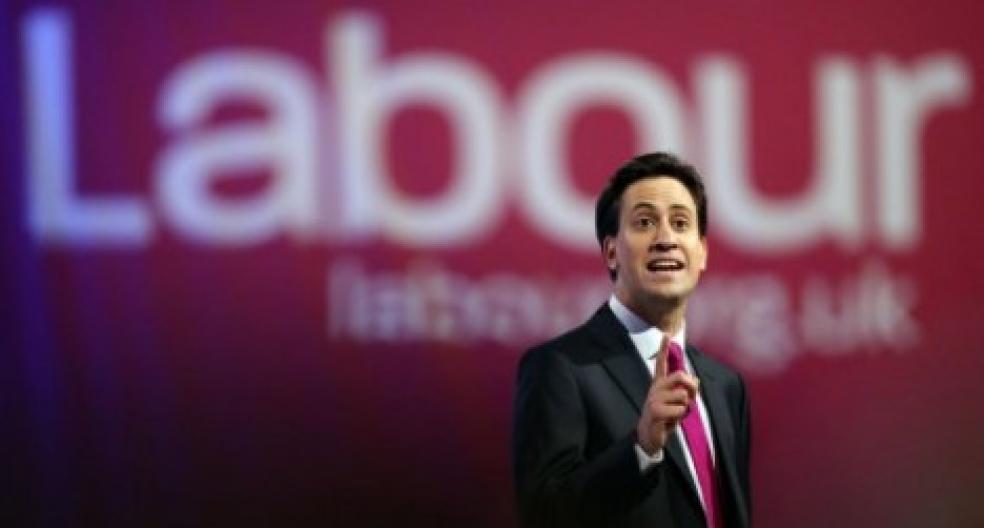
Miliband pledges to build homes and to cut rates for small businesses
In his conference speech on Tuesday (24 September 2013), the Labour leader Ed Miliband is expected to pledge a business rate cut for small firms and build 1,000,000 new homes, if his party wins the next general election.
The announcement will form part of a key note address to the Labour Party conference in Brighton, setting out part of Labour's alternative for the UK economy.
Mr Miliband will vow to reverse the Coalition's planned 1% corporation tax cut and use the cash to first reverse increases and then freeze rates for small firms.
He also expected to announce proposals to build 200,000 new homes a year between 2015 and 2020, and his appointment of Sir Michael Lyons, the former chairman of the BBC Trust, to lead a review on housing reform.
The speech is thought to include a call for the construction of a fresh generation of new towns, the lowering of the voting age to 16, prevent MPs from holding second jobs, and plans to help tackle the impact of energy bills on consumers.
Mr Miliband will build on his ongoing notion of a One Nation Labour Party to emphasise what he will call Britain's "cost of living crisis" - highlighting a divide between wages and prices. He will criticise David Cameron's economic vision of Britain in a "global race" as one that is built on "the lowest wages, the worst terms and conditions, and the fewest rights at work - a race to the bottom".
But the Conservatives have jumped on Labour's plans. Business minister Matthew Hancock told the BBC: "Ed Miliband is calling for a tax rise on business that would cost jobs.
"And because he would reverse our planning reforms, the only way Ed Miliband could deliver his promise to build more houses is to spend more and borrow more.
"Tax rises on businesses and the same old Labour policy of more borrowing and more debt would undermine the recovery. And it's hardworking people who would pay the price with their jobs, higher taxes and higher mortgage rates."
The Labour Party conference has been distracted by growing confusion over their intentions for the HS2 rail project. Despite previous support for the £50 billion high speed line, linking London to Birmingham and the north of England, Shadow Chancellor Ed Balls appeared to throw doubt on his party's commitment to it when he criticised the Prime Minister and Chancellor for an "irresponsible" approach. Mr Balls questioned whether it was "the best way to spend £50 billion for the future of our country".
In what is generally regarded as an important speech for Mr Miliband whose personal poll ratings have been consistently lower than David Cameron's; the Labour leader will aim to firmly root himself on the side of ordinary working people and families, and will advocate an economy built on high skills and wages and the "dynamism" of small business.













